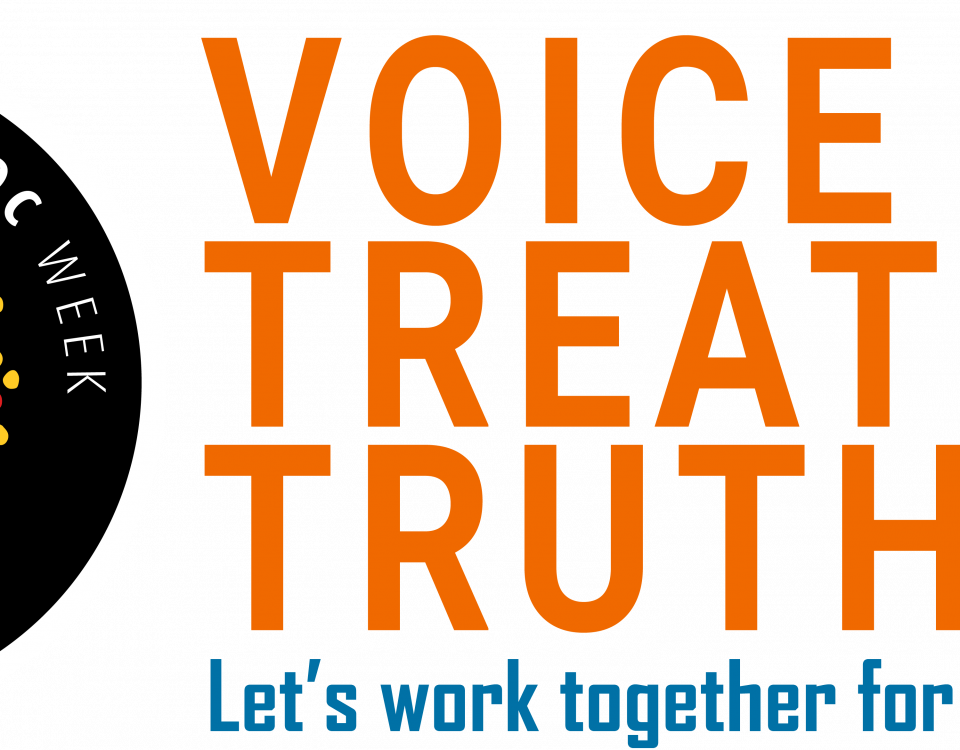Psychological Crises – life and death – in the NT
February 10, 2016Facing up to their actions, their regrets and themselves
February 25, 2016By Pamela Nathan
Reference: Dudgeon, P & Calma, T and Holland, C (2016). (In Psych, vol 38 issue 1p.19), The Bulletin of The Australian Psychological Society Ltd
Suicide is the FIFTH leading cause of death of Aboriginal people.
In particular 15-24 year olds are over five times more likely to suicide than non-indigenous peers.
Building on cultural strengths and supporting self-determination is likely to be the core component of any suicide program.
This is what CASSE’s Tjilirra Men’s Movement attempts to do!
Aboriginal people describe their physical and mental health as having a basis of ‘social and emotional well-being’ originating in a network of relationships (or connections) that includes between the individual and their community, traditional lands, family and kin, ancestors and the spiritual dimension of existence. Life is understood in holistic terms… linked to their ‘control over their physical environment, of dignity, of community self-esteem, and of justice’.
The National Empowerment Project’s Hear Our Voices Report (2012) reported that Aboriginal people have particular conceptions and understanding of healing, empowerment and leadership based on their historical, political and social experiences and cultural values and that there is a high level of need for a range of culturally appropriate and locally responsive healing, empowerment and leadership programs and strategies.
The following principles are suggested as critical to the success of empowerment based on suicide prevention at the community level:
- Community control and empowerment
- Holistic
- Sustainable strength based and capacity building projects
- Partnerships
- Safe cultural delivery, innovation and evaluation
Prof Michael Chandler’s research among Canadian Indigenous communities shows in communities with “cultural continuity” young people have a sense of their past and their traditions and draw pride and identity from them. By extension, young people also conceive of having a future (as bearers of that culture). Such communities also have significantly lower suicide rates.
Conversely, poor cultural continuity can result in communities where young people are at a much higher risk of suicide.
As noted, for Aboriginal peoples there are specific cultural, historical and political considerations that contribute to the high prevalence of suicide, and that require the rethinking of conventional models and assumptions in suicide prevention. Policy makers should work in partnership with Aboriginal peoples, and accept their leadership, in order to ensure our peoples are able to benefit from the best of clinically and culturally-informed practice in efforts to prevent suicide.
Cultural continuity can be understood in broad terms self-determination and cultural maintenance. Click here for more information about how CASSE’s Men’s Tjilirra Movement works with communities to empower men and strengthen cultural identity.






